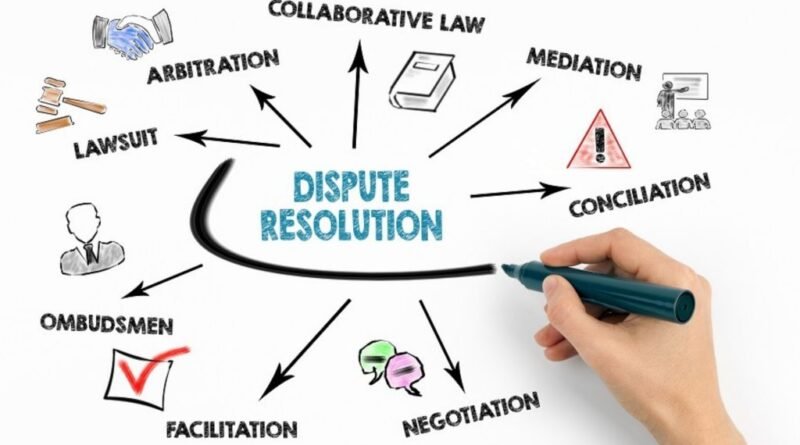Customer Dispute Settlement in the Banking Industry Globally
By Muhammad Mobasher Ali Dispute-Settlement in-Banking-Globally
Introduction Customer Dispute Settlement in Banking Globally

In the global banking landscape, Customer Dispute (Customer Dispute Settlement in the Banking Industry Globally) resolution is a cornerstone of responsible financial services. With the increasing complexity of financial products, digitization, and cross-border transactions, disputes between banks and customers have become more frequent and multifaceted. Efficient resolution mechanisms are vital not only to retain customer trust but also to ensure compliance with international consumer protection laws and regulatory frameworks.
As the World Bank emphasizes:
Lorem Ipsum
Common Types of Banking Disputes Worldwide
Customer Dispute Settlement Banking Globally can vary depending on regional practices and technological penetration, but most fall under the following categories:
- Unauthorized or fraudulent transactions
- Incorrect account debits or service charges
- Loan repayment issues or credit reporting errors
- Delays in wire transfers or remittances
- Poor handling of customer service inquiries
- Misrepresentation of banking products
International Frameworks and Practices Customer Dispute Settlement in Banking Globally
1. United States
The U.S. banking industry is regulated by several agencies, including the Consumer Financial Protection Bureau (CFPB), which provides customers with avenues to file complaints and monitor resolutions.
Customers can file complaints via the CFPB portal. Banks are mandated to respond within 15 days. In 2022 alone, the CFPB handled over 800,000 consumer complaints related to financial services.
2. United Kingdom
The Financial Ombudsman Service (FOS) acts as an independent body for resolving banking disputes.
Over 2 million cases have been handled since its inception.
The FOS resolves complaints involving loans, bank accounts, credit cards, and digital payments.
3. European Union
The EU Directive on Consumer Alternative Dispute Resolution (ADR) ensures that every financial customer has access to a free and impartial dispute resolution body in every member state.
Each EU country has a national financial ombudsman.
Banks are legally obliged to inform customers of their right to approach the ADR bodies.
4. Australia
The Australian Financial Complaints Authority (AFCA) provides a centralized platform for resolving banking, insurance, and superannuation disputes.
AFCA has recovered over AUD 250 million in compensation for consumers since 2018.
Technology and Dispute Resolution
Globally, banks are increasingly adopting AI and chatbots to handle initial complaints, offering real-time resolutions for basic queries. Blockchain-based dispute tracking and mobile complaint systems are also emerging trends.
Challenges in Global Banking Dispute Resolution
Cross-border issues: In international transactions, resolving disputes involving multiple jurisdictions is complex.
Digital fraud: Cybercrime is on the rise, leading to disputes over unauthorized digital transactions.
Awareness gap: Many customers, especially in developing nations, are unaware of their rights or the redressal forums available.
Best Practices from Leading Countries
- Country Institution Notable Features
- USA CFPB Centralized, legal backing, transparent
- UK Financial Ombudsman Service Free, impartial, high settlement rate
- Canada OBSI (Ombudsman for Banking Services) Mandatory for all banks, multilingual access
- Australia AFCA Covers multiple sectors, high compensation
- Germany Federal Financial Supervisory Authority (BaFin) Regulatory oversight and mediation
Conclusion Dispute-Settlement in-Banking-Globally
Effective dispute resolution is no longer just a compliance function—it is a pillar of modern banking. Global banking institutions are increasingly embracing transparency, speed, and customer-centricity in resolving complaints. Whether through independent ombudsmen or digital platforms, the goal is the same: to ensure fairness, regain trust, and promote financial inclusion.
As stated by the International Monetary Fund (IMF): “Fair and efficient dispute resolution mechanisms are fundamental to the stability and resilience of the financial system.”
For reading our other articals please click on the following link: ![]()


Pingback: Customer Dispute Settlement Pakistan - mobiknow.com